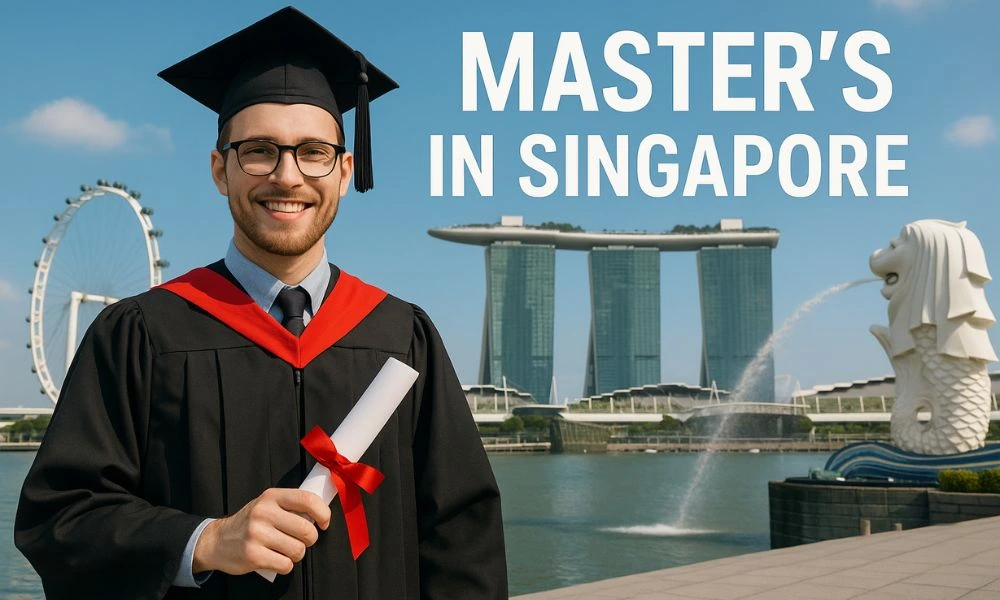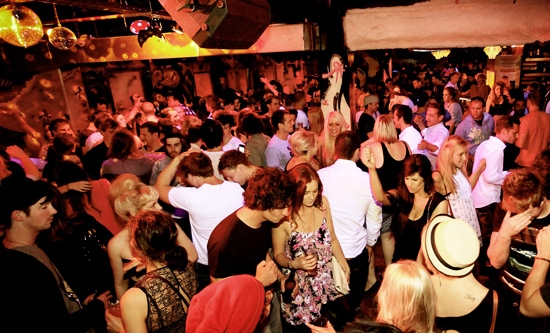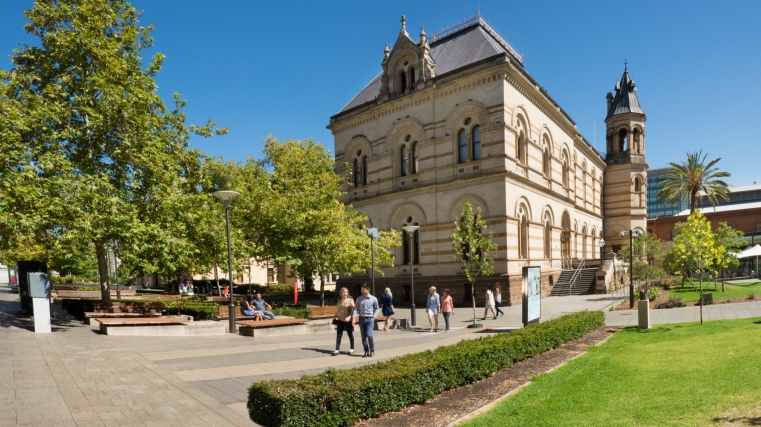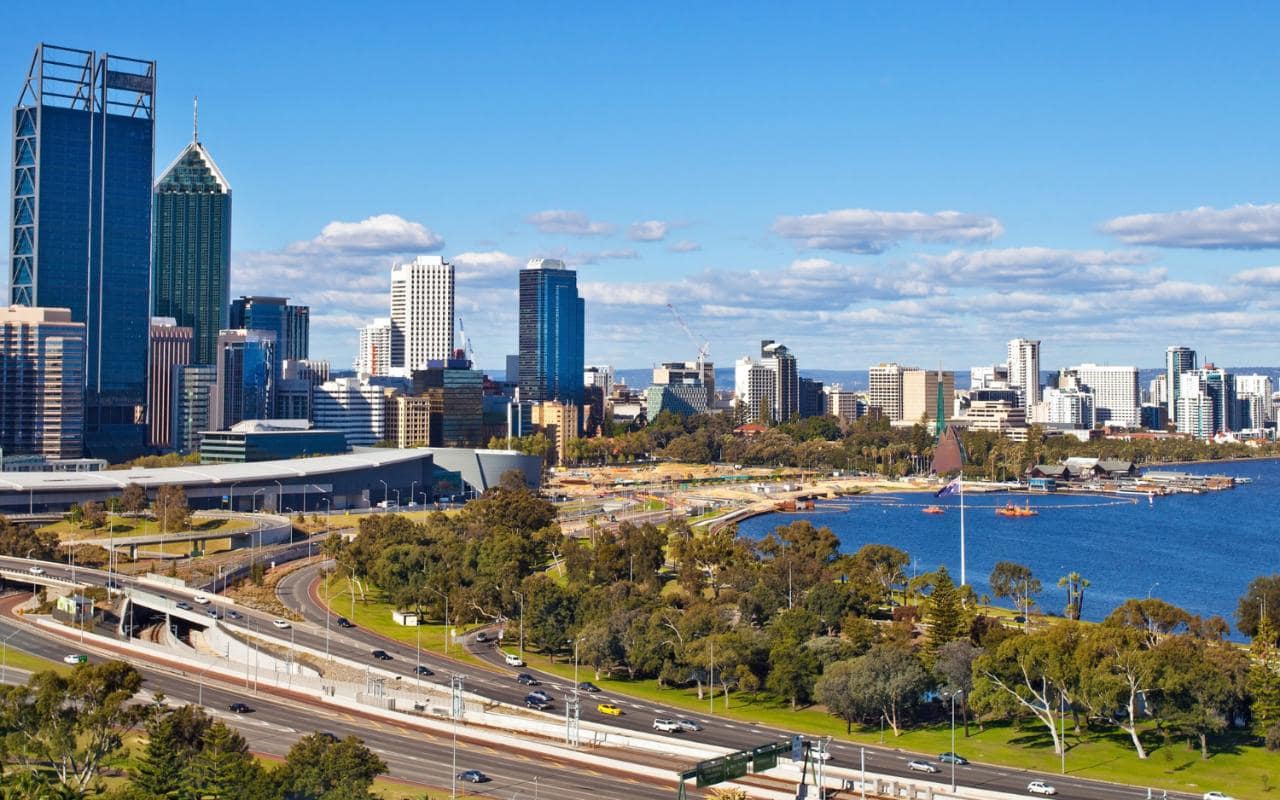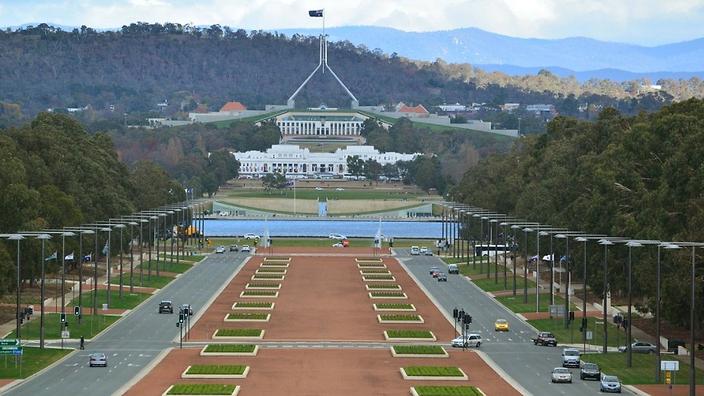Table of Contents
Singapore might just be your perfect pick, especially if you’re looking for a mix of global-quality education, career opportunities, and a location that feels close to home. This small but powerful nation is fast becoming a favorite for Indian students who want top universities, industry-aligned programs, and a better return on their education investment. With shorter course durations, strong post-study work options, and institutions like NUS and NTU ranked among the top 30 globally, Singapore is proving to be a smart, future-focused choice for master’s aspirants.
In this guide, we’ll cover everything you need to know, top universities, popular MS courses, costs, living expenses, and eligibility criteria for Indian students applying in 2025.
What Makes Singapore a Top Destination for Indian Master’s Students in 2025?
If you’re planning to study abroad in 2025, Singapore is one of the smartest choices, especially for Indian students. It’s modern, safe, full of global companies, and has top-ranked universities that offer job-ready courses. In 2024 alone, over 8,000 Indian students enrolled in higher education in Singapore, a 14% rise from the previous year. With universities like NUS and NTU ranked among the Top 20 in the world (QS 2025), it’s easy to see why more Indian students are heading there. Following are the key details of masters in Singapore:
- Shorter Courses, Quicker Returns: Master’s programs in Singapore usually take just 12 to 18 months, unlike the 2-year format in countries like the US or UK. That means you spend less money on fees and living expenses, and you can get back to work sooner and start earning.
- Top Universities with Job-Focused Courses: Singapore’s top universities, like NUS, NTU, and SMU, offer courses in AI, business, finance, and tech that are designed with real-world jobs in mind. They work closely with industries to keep the curriculum relevant and up to date.
- Good Job Options After Graduation: After finishing your degree, you can stay in Singapore for up to 2 years on a Post-Study Work Visa. With 7,000+ global companies based there, you’ll find great chances for internships, jobs, or even launching your own startup.
- Close to Home, Big on Opportunities: Singapore is only a 5-hour flight from India, so it’s easy and affordable to fly home. It’s also one of Asia’s biggest business hubs, meaning you’ll be close to job markets in Southeast Asia, China, and Australia too.
Which Are the Best Universities in Singapore for Master’s Degrees?
Singapore may be a small country, but it’s big on education. For Indian students who want a master’s degree that is globally respected and offers strong job prospects, Singapore is a smart choice. Top universities here work closely with industries to design their courses. That means you won’t just learn theory, you’ll gain practical skills that employers really value.
Whether you’re interested in business, technology, engineering, or public policy, there’s something for everyone. In 2024, more than 60% of Indian students in Singapore chose Master’s courses in areas like data science, business, and engineering, fields that are growing fast and pay well. Following are the top unis that you should consider for masters in Singapore:
| University Name | QS World Ranking (2025) | Popular MS Fields & Highlights |
| National University of Singapore (NUS) | #8 | Asia’s top university; known for MS in Computer Science, Engineering, Public Policy, Business |
| Nanyang Technological University (NTU) | #26 | Strong in Engineering, Data Science, AI, Design Innovation, and Biomedical Sciences |
| Singapore Management University (SMU) | Top 500 | Best for Business, Finance, Marketing, and Law; offers strong industry internships & networking |
| Singapore Univ. of Tech & Design (SUTD) | Top 500 | Excellent for MS programs combining technology + design; built with MIT collaboration |
| James Cook University (JCU), Singapore | Top 700 | Offers MS in Psychology, IT, and Business; known for career services and international curriculum |
| Curtin University Singapore | Parent ranked ~Top 250 (AU) | Affordable Australian degree in Singapore; known for MS in Business, Logistics, Engineering |
What Are the Most Popular MS Courses in Singapore for Indian Students?
Choosing the right Master’s course can shape your entire career. And for Indian students heading to Singapore in 2025, the options are both exciting and future focused. Singapore isn’t just a top education hub; it’s also a global center for innovation, finance, and technology. This means the MS programs offered here are closely linked to what industries actually need.
In fact, a growing number of Indian students are picking Singapore for specialisations that open doors to international jobs, from business analytics and AI to finance and public policy. So, if you’re aiming to land a job in a high-demand sector after graduation, these are the Master’s programs worth exploring:
- MS in Computer Science: This is one of the most in-demand choices, especially at NUS and NTU. You’ll study advanced computing, AI, algorithms, and system design. With Singapore’s rising startup scene and MNC tech presence, grads often land roles in software development, AI engineering, or system architecture.
- MS in Data Science / Business Analytics: These programs focus on big data, machine learning, and predictive modeling. It is popular among Indian students aiming to work in data-driven roles. According to LinkedIn Singapore, Data Analyst and Data Scientist roles were among the top 5 emerging jobs in 2024.
- MS in Business Administration (MBA): A 1-year MBA from schools like NUS, NTU, or SMU gives you global exposure in a compact timeline. Indian applicants with 2–5 years of work experience often pursue this to fast-track careers in consulting, management, or entrepreneurship.
- MS in Finance: If you’re aiming for roles in investment banking, fintech, or financial consulting, this is a strong choice. Programs often include specialisations like Risk Management, Financial Modelling, and Blockchain Finance. Singapore being a leading finance hub, grads see high ROI here.
How Much Does It Cost to Study MS in Singapore in 2025?
Studying for a Master’s in Singapore is a smart move for Indian students seeking quality education and faster returns. Most MS programs here are completed in 12–18 months. It means you spend less time in school, and more time working and earning. But it’s important to plan your finances well.
In 2025, tuition fees for MS courses in Singapore range from SGD 18,000 to SGD 50,000, depending on the university, program type, and specialization. Courses in fields like Computer Science, AI, and Engineering tend to be on the higher side, especially if they involve lab-based work or global exposure modules. Plus, the average cost of an MS degree across 12 universities in Singapore is around INR 21 Lakhs, which is 20–30% lower than what you’d pay in the US or UK. Following is the MS in Singapore tuition fee:
| University | Estimated Tuition Fee (Full MS Program) |
| National University of Singapore (NUS) | SGD 48,000 – SGD 50,000 |
| Nanyang Technological University (NTU) | SGD 40,400 – SGD 45,000 |
| Singapore Management University (SMU) | SGD 21,000 – SGD 40,000 |
| James Cook University Singapore (JCU) | SGD 38,000 – SGD 40,000 |
| Singapore Institute of Management (SIM) | SGD 24,000 – SGD 32,000 |
| PSB Academy | SGD 20,000 – SGD 28,000 |
| Amity Global Institute (Singapore) | SGD 18,000 – SGD 25,000 |
What Is the Cost of Living in Singapore for Indian Students?
Living in Singapore offers a clean, well-connected, and student-friendly experience. But it does come at a price. While it’s far more affordable than cities like London or New York, Singapore is still one of the costlier destinations in Asia. Indian students should be prepared for higher daily living expenses than what they might spend back home.
As of 2025, most international students in Singapore spend between SGD 1,100 and SGD 1,400 per month, depending on housing, lifestyle, and whether they dine out frequently or cook at home. Over the course of a year, this adds up to SGD 13,000 to SGD 17,000, or roughly INR 8–11 lakhs (at an exchange rate of ~62 INR per SGD). Following are the key details of monthly & annual cost breakdown for Indian students in Singapore:
| Category | Monthly Cost (SGD) | Annual Cost (SGD) | Annual Cost (INR Approx.) |
| Accommodation (shared) | SGD 600 – 1,000 | SGD 7,200 – 12,000 | ₹4.4 – ₹7.4 Lakhs |
| Food & Groceries | SGD 300 – 500 | SGD 3,600 – 6,000 | ₹2.2 – ₹3.7 Lakhs |
| Transport (MRT, Bus) | SGD 100 – 150 | SGD 1,200 – 1,800 | ₹74K – ₹1.1 Lakhs |
| Internet & Mobile | SGD 30 – 60 | SGD 360 – 720 | ₹22K – ₹45K |
| Personal & Leisure | SGD 100 – 200 | SGD 1,200 – 2,400 | ₹74K – ₹1.5 Lakhs |
| Total Estimated Cost | — | SGD 13,000 – 17,000 | ₹8 – ₹10.9 Lakhs |
What Are the Eligibility Criteria for Master’s in Singapore?
If you’re an Indian student planning to pursue a Master’s in Singapore in 2025, understanding the eligibility requirements is the first big step. While each university sets its own criteria, most follow a common framework that focuses on your academic background, English proficiency, and supporting documents like SOPs and LORs.
Top institutions like NUS, NTU, and SMU assess more than just marks. They look for applicants who can demonstrate subject knowledge, communication skills, and career motivation. And with applications from Indian students rising by over 14% in 2024 (Ministry of Education, Singapore), competition is getting tougher. Here’s a clear breakdown of what you’ll need to qualify for an MS program in Singapore:
- Academic Qualifications: You’ll need a bachelor’s degree from a recognized university, ideally in a field related to the MS program you’re applying to. A GPA of 2.8–3.0 on a 4.0 scale (roughly 55–60% in Indian terms) is usually the minimum. For competitive programs, like MS in CS or Business Analytics at NUS or NTU, a first-class degree (65%+) or distinction is often expected.
- English Language Proficiency: If your undergraduate degree wasn’t fully taught in English, you’ll need to submit an English proficiency score:
- IELTS: 6.5 to 7.0 overall (no band below 6.0)
- TOEFL iBT: 85 to 100
- PTE Academic: 62 to 70
- GRE/GMAT Scores: These tests are not compulsory for all MS programs, but they can strengthen your application, especially at top-tier institutions.
- Work Experience (If Required): Most standard MS programs don’t require work experience, but specialized or executive Master’s programs might. For example, MBA, MPA (Public Admin), or Executive MS programs often ask for 1–3 years of relevant professional experience.
Conclusion
Studying for a Master’s in Singapore is more than just earning a degree, it’s about building a career in one of the world’s most dynamic, future-ready economies. With its global academic reputation, diverse course offerings, and strong job market, Singapore offers Indian students a great balance of education, exposure, and employability, all in under two years.
Planning to make the move in 2025? Start early, research your options, and don’t forget to find a comfortable, student-friendly place to stay. That’s where University Living can help. We offer verified student accommodations near top universities in Singapore with exclusive deals, expert advice, and 24/7 support, so you can focus on your studies while we take care of your stay.
Frequently Asked Questions
Is Singapore Good for a Master’s for Indian Students?
Yes. Singapore is one of the top study-abroad destinations for Indian students, offering a world-class education system, modern campuses, and globally recognised universities. It’s a great choice for both students and working professionals, with plenty of master’s courses to match different career goals.
Can I Study a Master’s in Singapore for Free?
Yes. Several fully funded scholarships are available in Singapore, covering 100% of tuition fees, living expenses, and other costs. These scholarships are offered by universities, the government, and private organisations.
Can I Get a Job in Singapore After a Master’s?
Yes. Singapore’s job market is strong, with opportunities in industries like finance, marketing, consulting, healthcare, and IT. After graduation, the post-study work visa allows you to stay back and start your career in the country.
Which Master’s Degrees Are in High Demand in Singapore?
Some master’s programs that offer excellent career prospects in Singapore include:
Master of Business Psychology – Combines leadership skills with applied workplace psychology.
Master of Health Economics, Management, and Policy – Prepares graduates for leadership roles in the healthcare sector.
Master of Environmental Management and Sustainability – For careers in environmental planning and green industries.
Master of Special & Inclusive Education – Trains professionals to work in inclusive education environments.
How Long Can I Stay in Singapore After a Master’s?
After completing your studies, you can stay back in Singapore for 1 to 3 months. Graduates can apply for a Short-Term Visit Pass after their Student Pass expires, allowing them to remain in Singapore for up to 90 days to look for work or plan their next steps.
Can I Work While Studying in Singapore?
Yes. International students with a Student Pass can work part-time for up to 16 hours a week during the academic term and full-time during vacation periods. A work pass exemption is required to do so.
